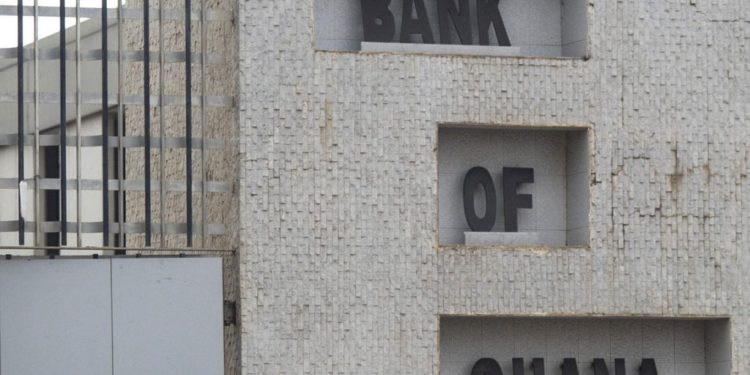The Bank of Ghana’s Monetary Policy Committee (MPC) has raised the Monetary Policy Rate by 50 basis points to 30.0% from 29.5%. This is on the back of Ghana’s elevated inflation rate, which on June 2023 increased to 42.5% from the 42.2% recorded in May 2023.
Read more: MPC Hikes Interest Rates to 9.5% from 8.75%
The headline inflation in Ghana continues to remain elevated due to a variety of factors, including higher food and fuel prices, implementation of new tax measures, and utility tariff adjustments.
The inflation rate reached an all-time high of 54.1% in December 2022, which has eased by 11.6% to 42.5% in June 2023. The ease in inflation is a result of the tightened monetary policy, evidenced by the increase in the Monetary Policy Rate by 200 basis points to 30.0% from the 28.0% that was set in January 2023.
The MPC noted that Ghana’s macroeconomic framework requires decisive tightening of both fiscal and monetary policies to anchor inflation expectations firmly on a declining path.
Read more: What Can Kenya Learn from Ghana’s Borrowing System?
Consequently, the increase in the MPC rate has seen the banking sector increase its lending rates to 31.2% in June 2023 from 24.3% in June 2023. This has impacted the credit to the private sector to decline by 18.5% in the last year, which is in contrast to the 3.0% growth recorded during a similar period in the previous year.
The Bank of Ghana has scheduled the next MPC meeting on September 2023, where they will analyze closely inflation data trends take suitable measures if necessary, in case inflation continues.
Email your news TIPS to editor@thesharpdaily.com














